|
The Ebola outbreak in the Democratic Republic of Congo is raging on, leaving more than 1000 people dead so far. This is the second biggest outbreak of the disease since the 2013 to 2016 epidemic that swept parts of West Africa. Many lessons have been learnt since then – among them a better understanding of how the disease affects survivors. Steven Yeh, Jessica Shantha and Jean-Claude Mwanza explain how they’re managing one such effect – the threat of blindness – in the DRC.
Today’s children face risks that many of us, as parents, can feel unprepared to deal with. There are apps that promise safety by letting parents track what children are doing, who they are texting or what they view online. These apps seem to be the perfect toolkit to protect kids from the dangers parents worry about. But are they? Joel Michael Reynolds, who specializes in the ethics of emerging technologies, tells you why he’s concerned these apps may cross the line from “prudent parenting into surveillance parenting.”
|
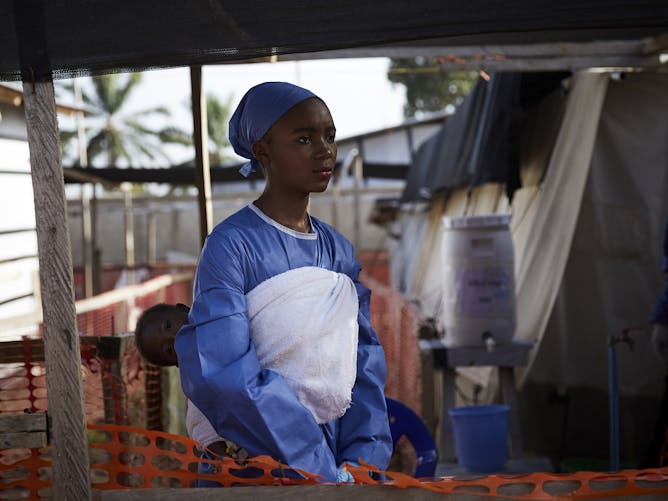
A health worker looks on at an Ebola transit centre in Beni in North Kivu province, DRC.
Hugh Kinsella Cunningham/EPA
Steven Yeh, Emory University; Jean-Claude Mwanza, University of North Carolina at Chapel Hill; Jessica Shantha, Emory University
Research has identified a range of health complications in Ebola survivors. These include eye complications and vision problems.
|

Are tracking technologies changing parenting?
Trendsetter Images
Joel Michael Reynolds, University of Massachusetts Lowell
Apps these days allow parents to track their children. An expert explains, why these technologies should be a reason for worry if you are a parent,
|
Politics + Society
|
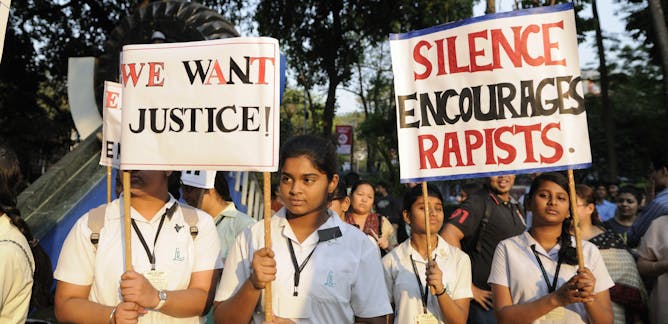
Madhumita Pandey, Sheffield Hallam University
Young men in India mature and develop in a very male dominated environment, with little or no sex education.
| |
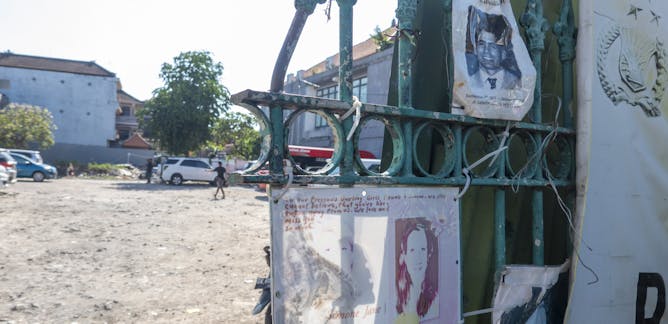
Carmen Jacques, Edith Cowan University
A land dispute has left a potential peace park at the site in doubt. Here's why a memorial that explains what happened the day of the attacks is important.
|
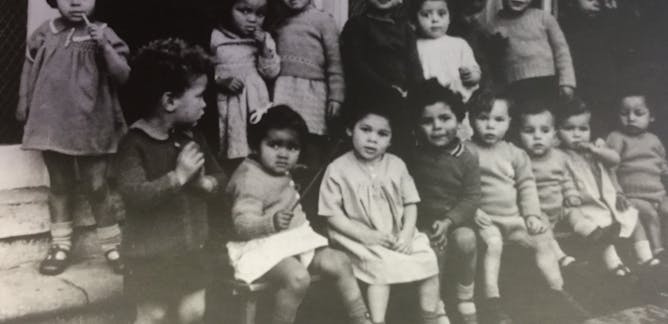
Lucy Bland, Anglia Ruskin University
This sorry tale of institutional racism represents a scandal to rival the treatment of the Windrush generation.
| |
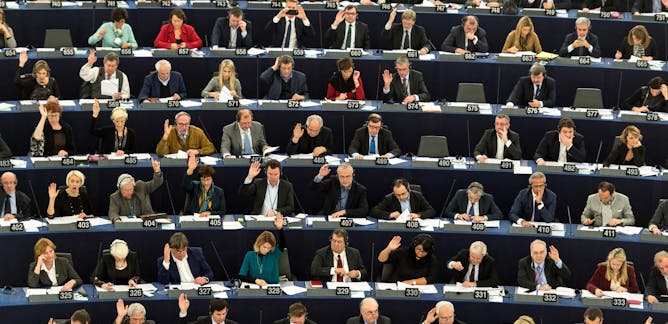
Tatiana Coutto, University of Warwick
Who gets a vote and what are they voting for? Everything you need to know.
|
|
|
Environment + Energy
|
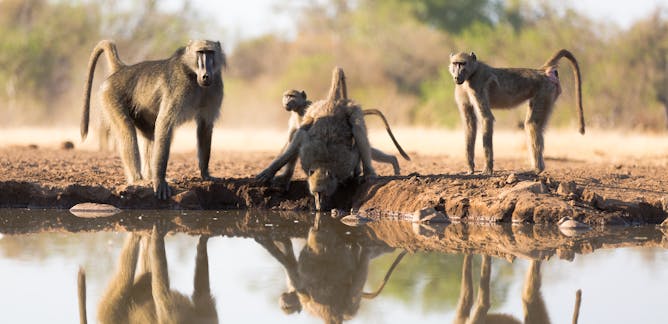
Isabelle Catherine Winder, Bangor University
New research suggests that even ecologically flexible baboons could be at significant risk of habitat loss and endangerment from anthropogenic climate change.
| |

Laurie Wright, Solent University
As well as polluting our seas, plastics are warming the planet too. Urgent changes are needed to eliminate plastic's contribution to climate breakdown.
|
|
|
En francais
|

Hajer Kefi, PSB Paris School of Business – UGEI; Daniel Maar, PSB Paris School of Business – UGEI
Le changement du marché du luxe, porté par plusieurs tendances de fond comme l’importance croissante des « millennials », contraint les marques à revoir leurs pratiques.
| |

Catherine Chan, University of Alberta
Plusieurs études ont prouvé que les gens qui mangent beaucoup de fromage ne risquent pas plus que les autres de développer une maladie cardiovasculaire.
|
|
|
En espanol
|
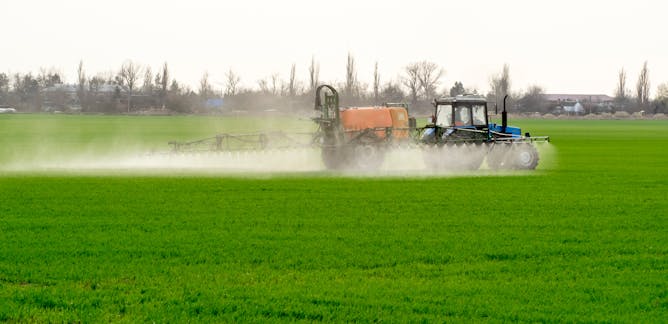
Juan Luis Aguirre, Universidad de Alcalá
Más allá del uso de maquinaria o la plantación de especies competidoras, se están desarrollando nuevos productos, como el vinagre de madera, para controlar el crecimiento de hierbas y arbustos.
| |

Juan José Negro, Estación Biológica de Doñana (EBD-CSIC)
El alto componente azul de estas luces, cada vez más presentes en el alumbrado público de pueblos y ciudades, las convierte en una potente fuente contaminante.
|
|
|